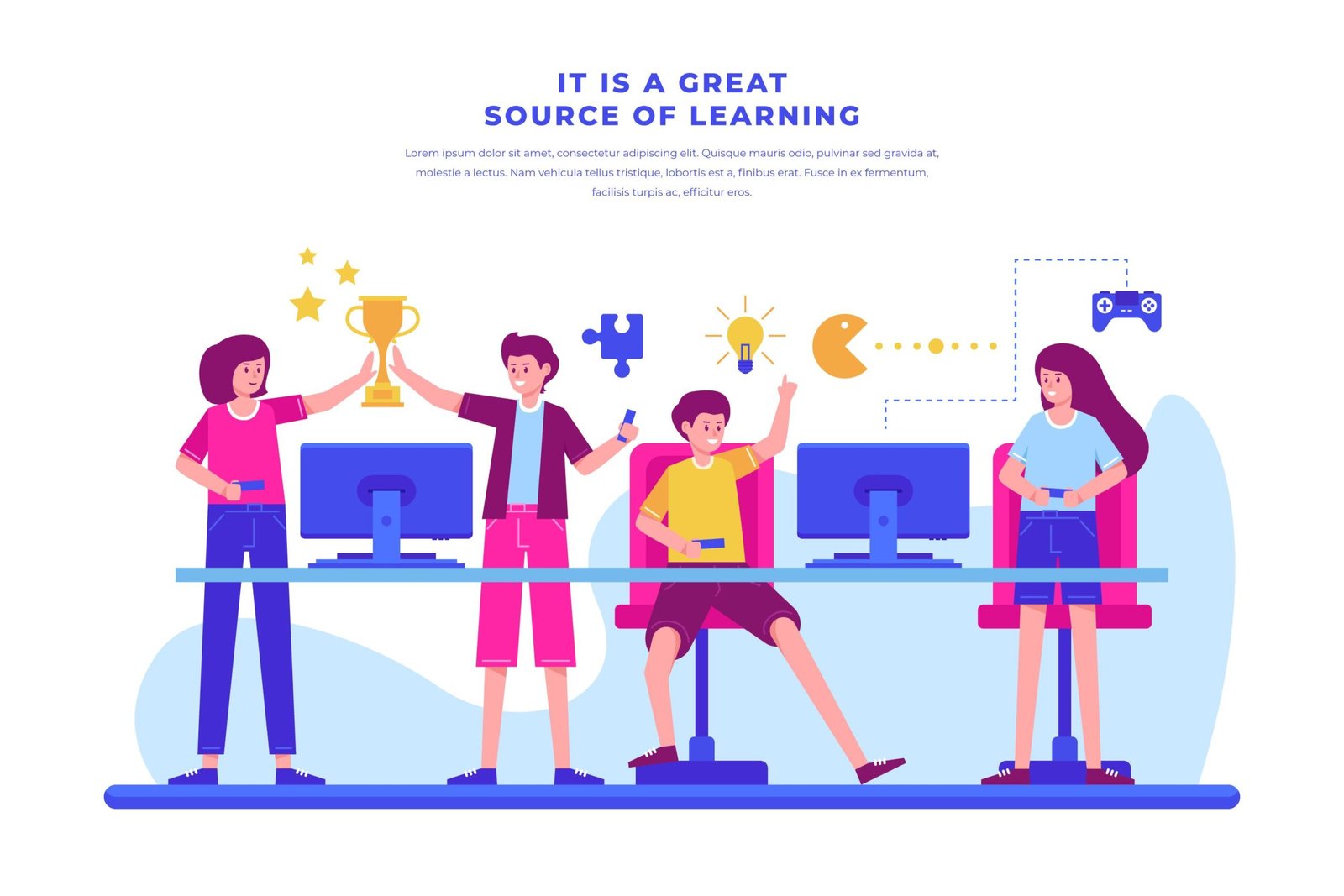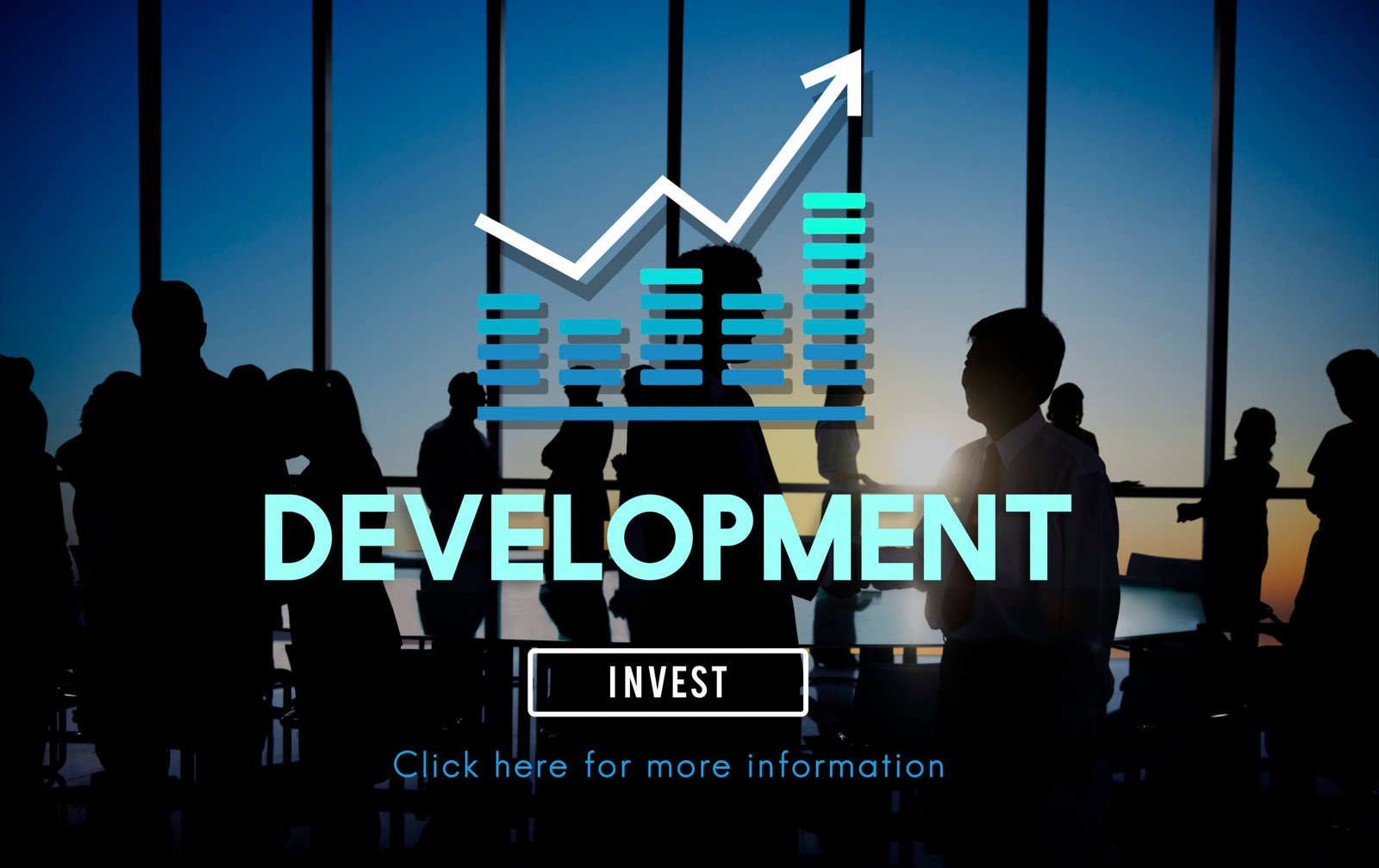
Introduction
In today’s digital era, the role of a Web Developer is more crucial than ever. Businesses, organizations, and individuals rely on websites to establish their online presence. If you aspire to become a successful Web Developer, mastering essential skills, leveraging the right tools, and following industry best practices are key. This guide will help you navigate your journey to a thriving web development career.
Essential Skills for a Web Developer
To excel as a Web Developer, you need a combination of technical and soft skills. Here are some of the most important ones:
1. Programming Languages
A proficient Web Developer should be skilled in fundamental programming languages, including:
HTML (HyperText Markup Language): The backbone of any website.
CSS (Cascading Style Sheets): Used for styling and layout.
JavaScript: Adds interactivity and functionality to web pages.
2. Front-End Development
Front-end development focuses on the user interface (UI) and user experience (UX). Essential front-end technologies include:
React.js, Vue.js, Angular: Popular JavaScript frameworks.
Bootstrap, Tailwind CSS: Frameworks that streamline responsive design.
Version Control (Git/GitHub): Managing and collaborating on code efficiently.
3. Back-End Development
Back-end development powers the logic and functionality of web applications. A skilled Web Developer should be familiar with:
Server-side languages: Python, Node.js, PHP, Ruby, Java.
Databases: MySQL, PostgreSQL, MongoDB for data storage and retrieval.
RESTful APIs: Facilitating seamless communication between front-end and back-end components.
4. Full-Stack Development
A Full-Stack Web Developer possesses expertise in both front-end and back-end development, making them highly versatile. Learning full-stack technologies like the MERN stack (MongoDB, Express.js, React, Node.js) can significantly boost your career opportunities.
5. Soft Skills
Apart from technical expertise, a Web Developer should develop soft skills such as:
Problem-solving: Troubleshooting errors and optimizing code.
Communication: Collaborating with designers, clients, and team members.
Time Management: Meeting deadlines and handling multiple projects efficiently.
Essential Tools for Web Developers
Using the right tools can enhance productivity and streamline your workflow. Here are some must-have tools for Web Developers:
1. Code Editors & IDEs
VS Code (Visual Studio Code): A powerful, lightweight code editor with extensive extensions.
Sublime Text: A fast and user-friendly code editor.
2. Version Control & Collaboration
Git & GitHub: Essential for tracking code changes and collaborating with other developers.
GitLab, Bitbucket: Alternatives to GitHub for repository hosting.
3. Design & Prototyping Tools
Figma, Adobe XD: Great for UI/UX design and prototyping.
Canva: Useful for creating web assets and graphics.
4. Testing & Debugging Tools
Chrome DevTools: Debugging and performance optimization for websites.
Jest, Mocha, Selenium: Testing frameworks for JavaScript and web applications.

- 5.00
(388)
3_7 Days Delivery
Starting at $349 
- 5.00
(131)
4_8 Days Delivery
Starting at $360 
- 5.00
(17)
5_10 Days Delivery
Starting at $800 Career Tips for Aspiring Web Developers
To build a successful career as a Web Developer, follow these valuable tips:
1. Build Real-World Projects
Apply your skills by working on real-world projects. Create personal projects, contribute to open-source projects, or freelance to gain experience.
2. Create an Impressive Portfolio
A strong portfolio showcasing your best work is essential. Include projects that highlight your skills in front-end, back-end, or full-stack development.
3. Stay Updated with Industry Trends
Web development evolves rapidly. Keep up with the latest trends, frameworks, and best practices by following blogs, YouTube channels, and online courses.
4. Network & Join Developer Communities
Engage with fellow developers by joining communities like:
Stack Overflow: Ask and answer programming-related questions.
GitHub & Dev.to: Share your projects and learn from others.
LinkedIn & Twitter: Follow industry leaders and connect with professionals.
5. Continuous Learning & Certification
Invest in online courses and certifications to enhance your skills. Platforms like Udemy, Coursera, and freeCodeCamp offer valuable learning resources.
Conclusion
Becoming a successful Web Developer requires dedication, continuous learning, and hands-on experience. By mastering essential skills, leveraging the right tools, and following career growth strategies, you can build a rewarding career in web development. Stay curious, keep coding, and embrace new challenges to thrive in this ever-evolving field.
Categories
Latest Blogs

- 5.00
(388)
3_7 Days Delivery
Starting at $349 
- 5.00
(131)
4_8 Days Delivery
Starting at $360 
- 5.00
(17)
5_10 Days Delivery
Starting at $800 


thc oil tincture online with verified potency